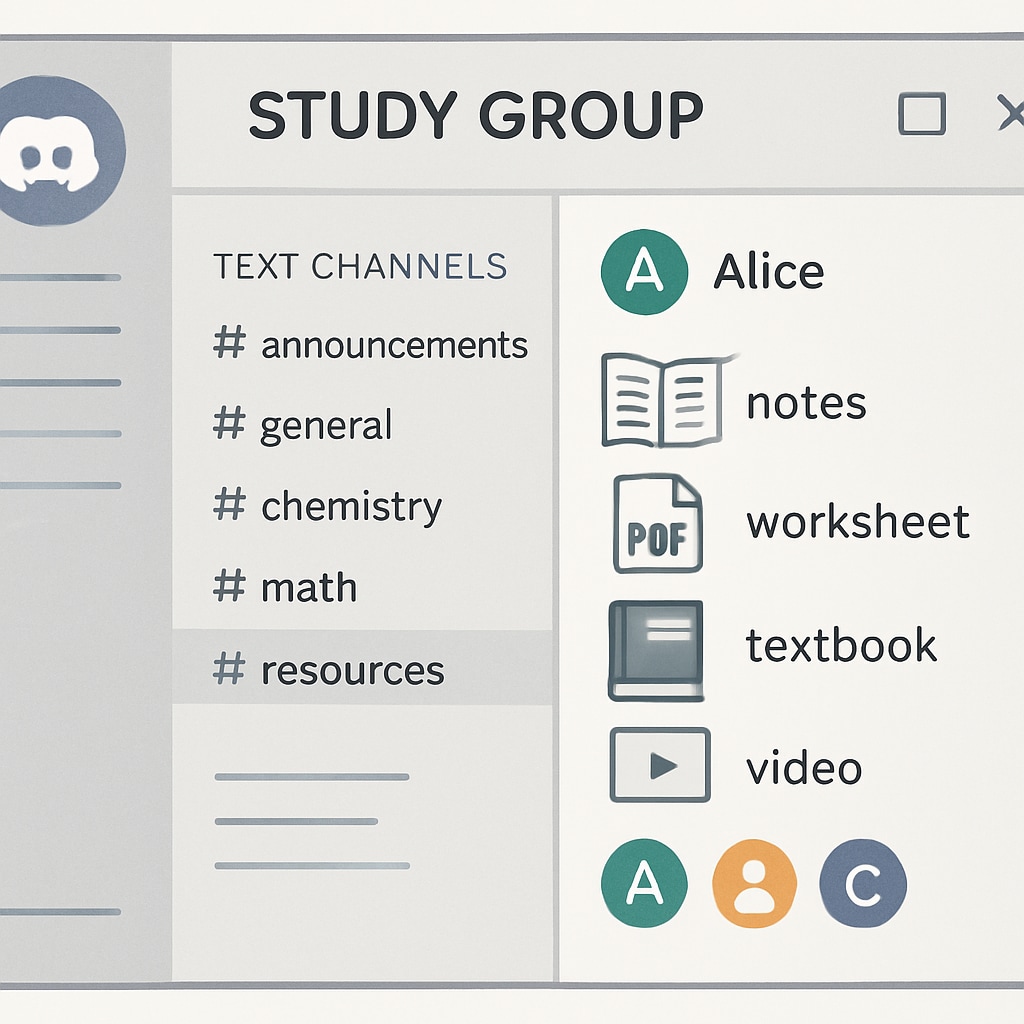In today’s educational landscape, platforms like Discord and study groups have revolutionized how students at UH (University of Houston) and beyond collaborate, share resources, and enhance learning outcomes. These communities are vital in fostering connections and preparing students for higher education and professional teamwork environments. This article explores the benefits of learning communities and offers strategies for creating efficient study groups and online platforms.
Why Study Groups Matter in Education
Study groups are a cornerstone of collaborative learning, offering students the opportunity to exchange ideas and clarify concepts in K12 and higher education settings. They encourage peer-to-peer learning, allowing each participant to bring their unique strengths to the table. Additionally, these groups help students develop essential soft skills, such as communication, critical thinking, and teamwork, which are crucial for success in both academic and professional environments.
- Collaboration: Group settings foster teamwork and mutual understanding.
- Resource Sharing: Students can pool study materials and notes.
- Accountability: Regular meetings help students stay consistent and motivated.

Leveraging Discord for Online Study Platforms
Discord, originally designed for gamers, has become a powerful tool for online learning communities, particularly at institutions like UH. Its customizable features allow students to create private servers for study groups, facilitating seamless communication and resource sharing. With voice channels, text channels, and file-sharing capabilities, Discord provides an interactive and organized environment for virtual collaboration.
Key features of Discord for study groups:
- Real-Time Communication: Voice and video channels for live discussions.
- Organization: Dedicated text channels for specific subjects or projects.
- Accessibility: Easy-to-use interface for students of all technical skill levels.

Steps to Build a High-Performing Learning Community
Whether you’re forming a study group at UH or setting up an online platform, these steps can ensure effectiveness and inclusivity:
- Identify Goals: Define the purpose of the group, such as exam preparation or project collaboration.
- Recruit Members: Invite participants with diverse skills and shared interests.
- Establish Guidelines: Set clear rules for communication and participation.
- Utilize Technology: Leverage platforms like Discord for organization and engagement.
- Schedule Regular Meetings: Consistency is key for maintaining productivity.
As a result, students can create supportive environments that enhance learning and foster lasting connections.
Benefits for Future Education and Careers
Participating in study groups and online learning communities prepares students for future challenges in higher education and the workplace. Skills such as collaboration, adaptability, and effective communication are honed through these experiences. Furthermore, platforms like Discord teach students how to navigate digital tools, a skill increasingly essential in modern professions.
For example, teamwork in study groups mirrors professional collaborative environments, while the use of online platforms simulates project management systems often found in workplaces. As a result, students gain both academic success and career-readiness.
In conclusion, study groups and online platforms like Discord are indispensable tools for modern education. They foster collaboration, enhance resource sharing, and prepare students for their future endeavors. By leveraging these tools effectively, UH students and others can unlock their full potential in both academic and professional spheres.


